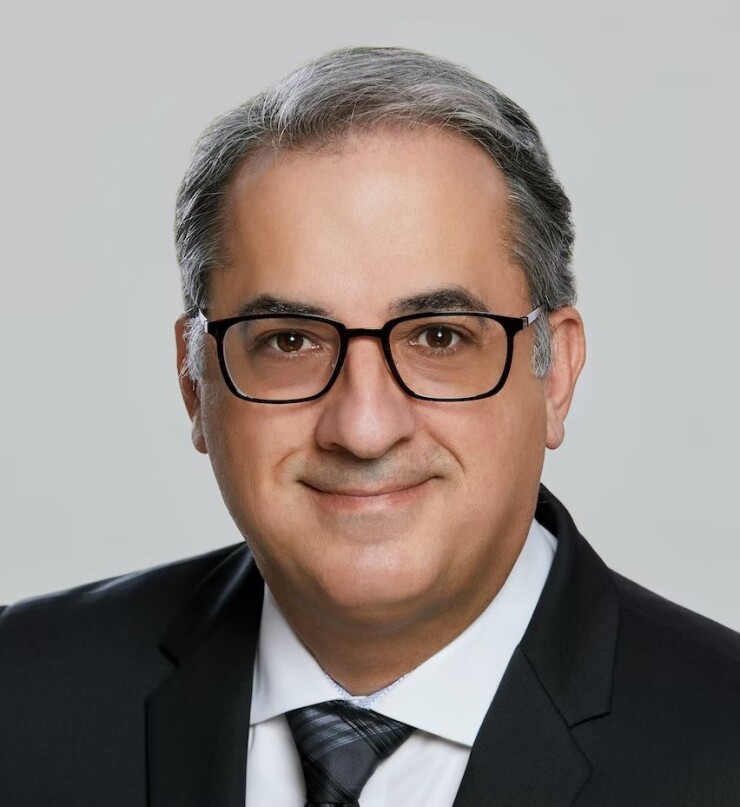Digital Insurance spoke with Luis Romero, founder and CEO of Equisoft, about digital transformations in the life insurance and wealth management sectors. Founded in 1994, Equisoft is a Canadian-based company that recently received
Romero discussed what a digital transformation of an insurance carrier looks like, how new technologies like machine learning and AI are shaking up the industry, and the role of insurance agents in this rapidly evolving space.
The following responses have been lightly edited for clarity.

